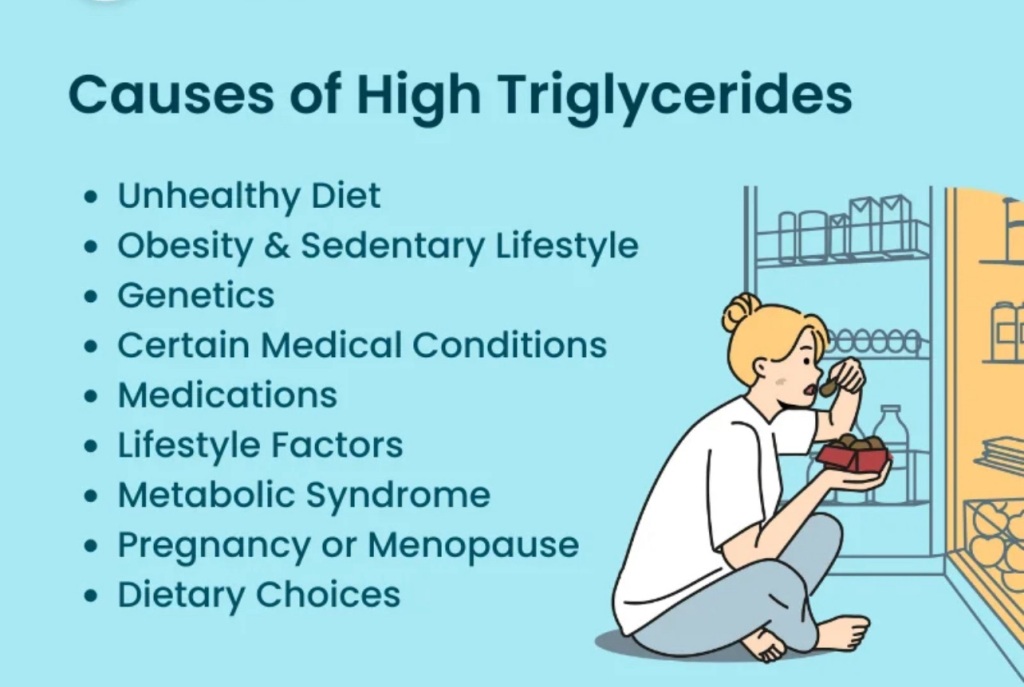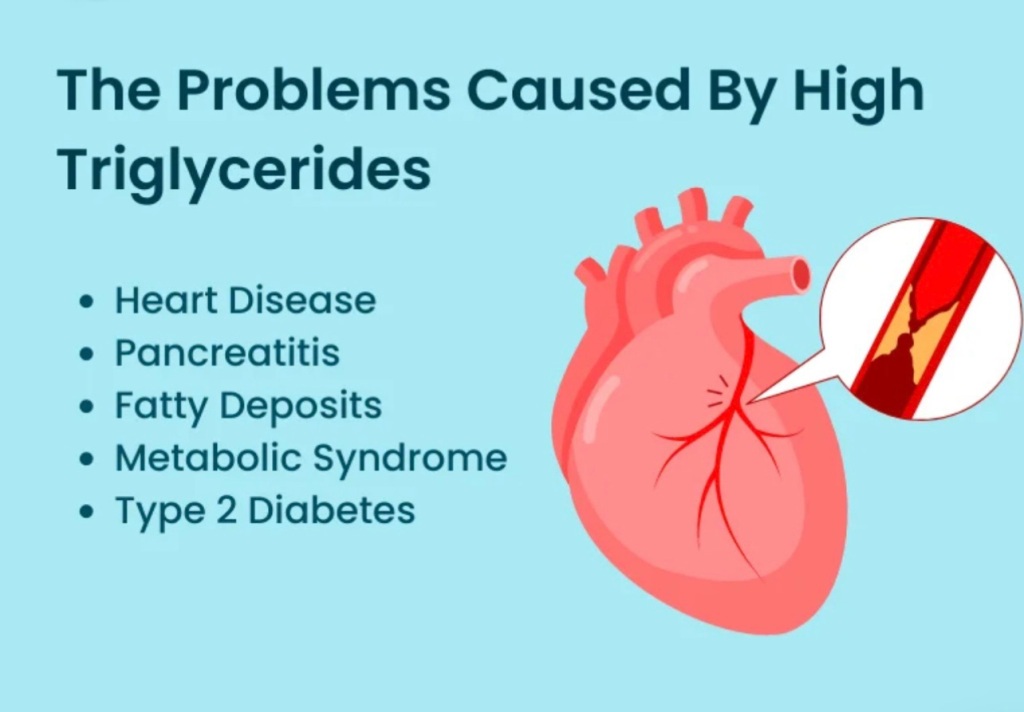
National Triglycerides Day, observed on today, serves as a reminder of the significance of managing triglyceride levels for overall heart health. Triglycerides are a type of fat found in your blood and are a crucial marker of heart health. Elevated triglyceride levels are associated with an increased risk of cardiovascular diseases, such as heart attacks and strokes. On this day, let’s delve into the importance of understanding and managing triglycerides for a healthier heart.

What Are Triglycerides?
Triglycerides are a type of fat present in your blood. They come from the fats and carbohydrates you consume and are stored in your body’s fat cells for energy. While your body needs triglycerides for energy, high levels can be harmful to your health. Monitoring your triglyceride levels is essential, as elevated levels can contribute to the buildup of plaque in your arteries, increasing the risk of heart disease.

Why National Triglycerides Day Matters:
National Triglycerides Day raises awareness about the impact of high triglyceride levels on heart health. It encourages individuals to get their lipid profile checked regularly to assess their triglyceride levels. Early detection of high triglycerides allows for proactive lifestyle changes and medical interventions to reduce the risk of heart disease.

Tips for Managing Triglyceride Levels:
1. Healthy Diet: Eat a diet rich in fruits, vegetables, whole grains, lean proteins, and healthy fats like omega-3 fatty acids. Limit intake of refined carbohydrates, sugary foods, and saturated fats.

2. Regular Exercise: Engage in regular physical activity to help lower triglyceride levels and improve overall cardiovascular health. Aim for at least 150 minutes of moderate-intensity exercise per week.

3. Maintain a Healthy Weight: Losing excess weight, particularly around the waistline, can help lower triglyceride levels. Even a modest weight loss can have a positive impact on your heart health.

4. Limit Alcohol Intake: Excessive alcohol consumption can raise triglyceride levels. Limit alcohol intake to help manage triglycerides and reduce the risk of heart disease.

5. Medication: In some cases, your healthcare provider may prescribe medication to help lower triglyceride levels. Adhering to medication as prescribed is essential for effective management.

On National Triglycerides Day, take the opportunity to assess your heart health by checking your triglyceride levels. By embracing healthy lifestyle habits and working with your healthcare provider, you can take proactive steps to protect your heart and overall well-being.

Remember, your heart health matters, and managing your triglyceride levels is a significant step towards a healthier future. Let’s prioritize heart health together on National Triglycerides Day and beyond!

In crafting this blog post, I aimed to provide informative content on the importance of National Triglycerides Day and practical tips for managing triglyceride levels to promote heart health.


Leave a comment